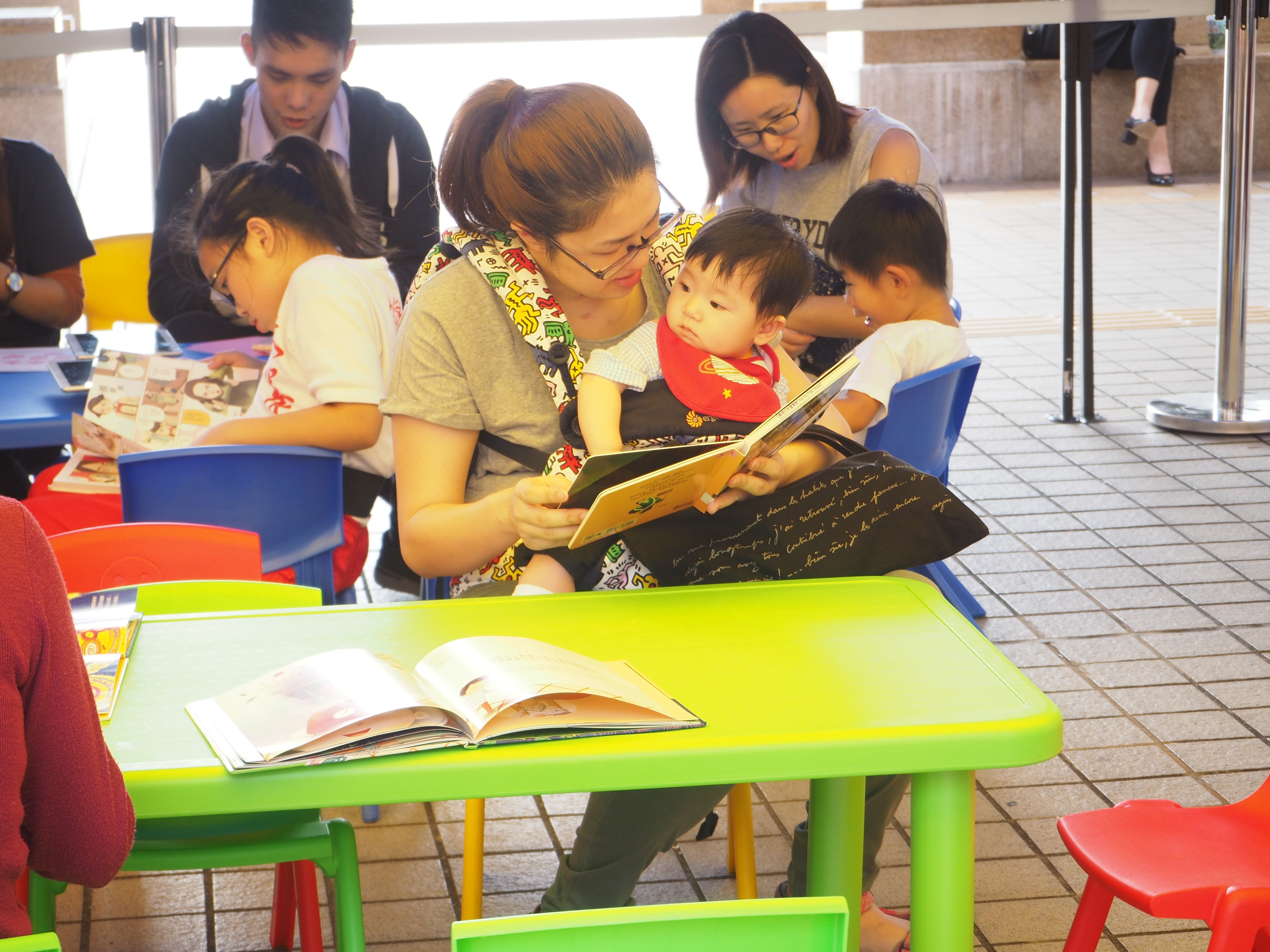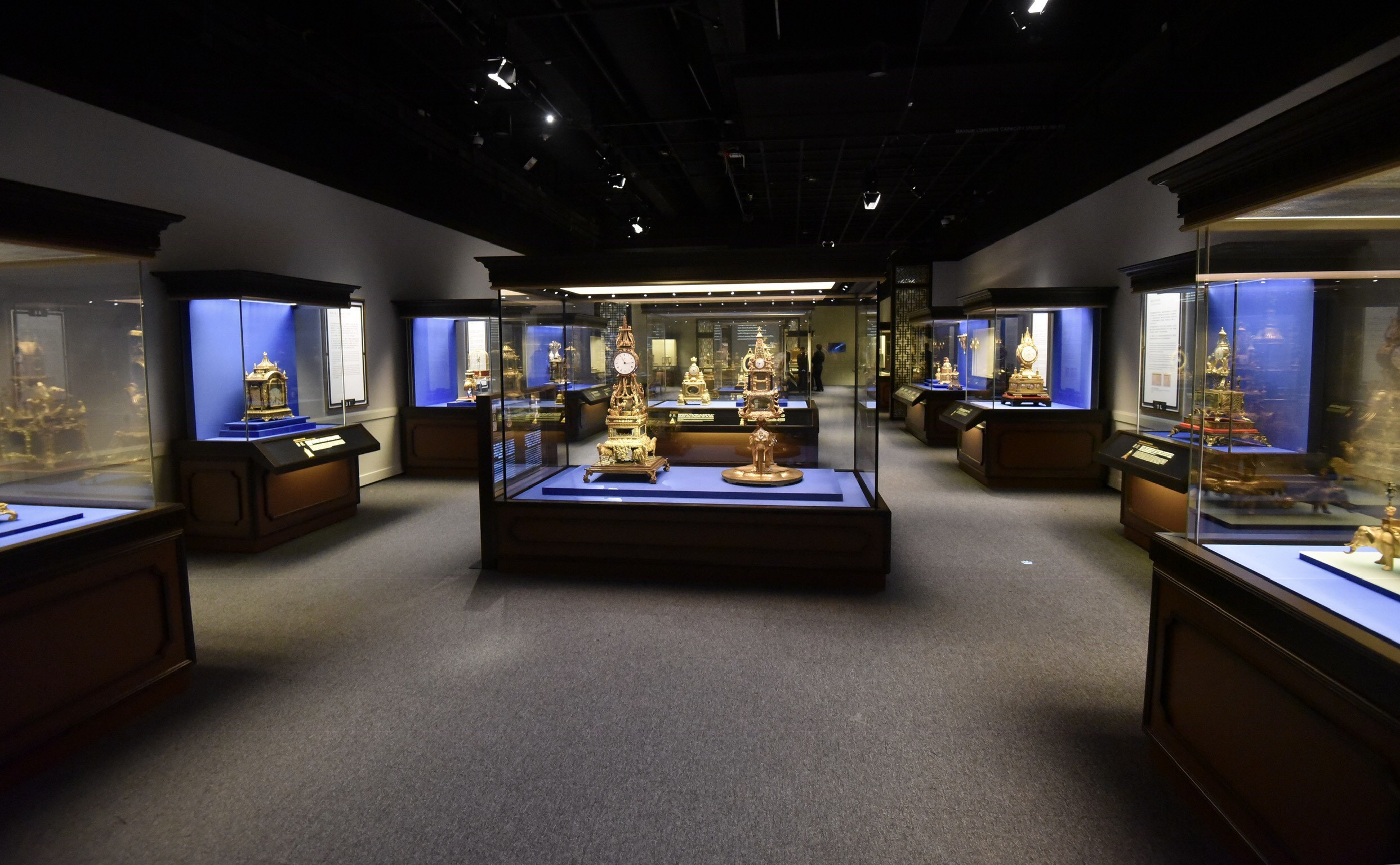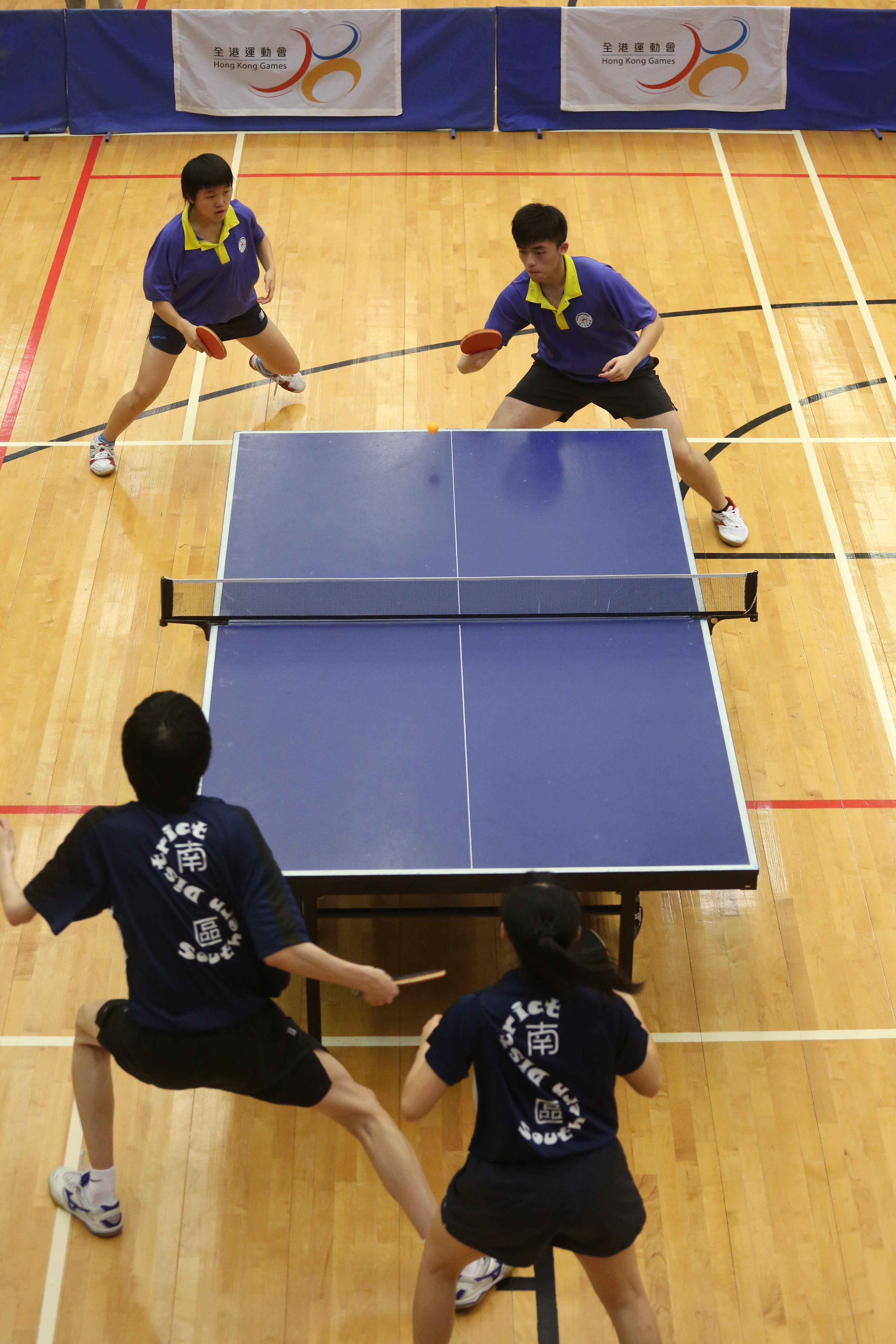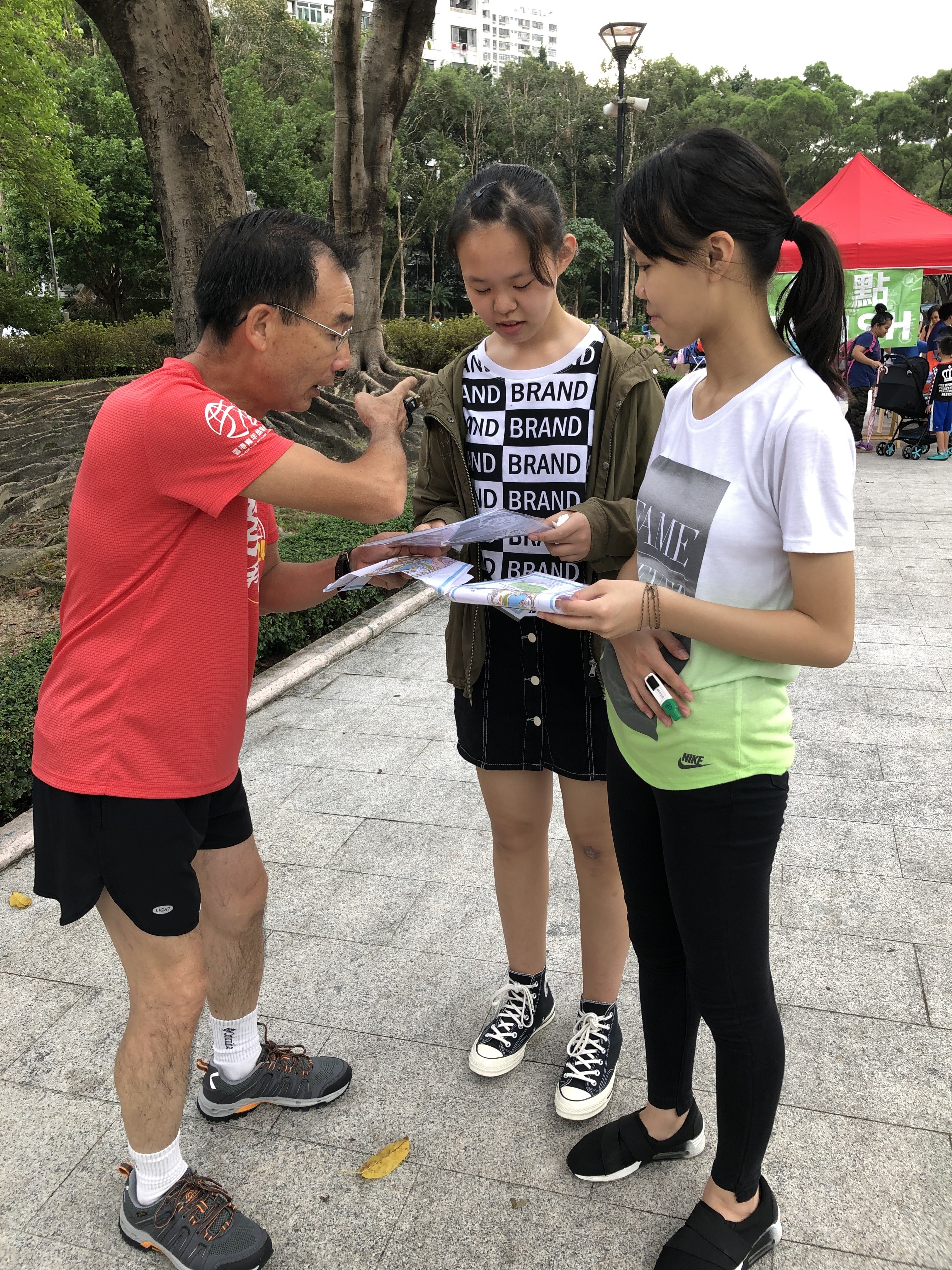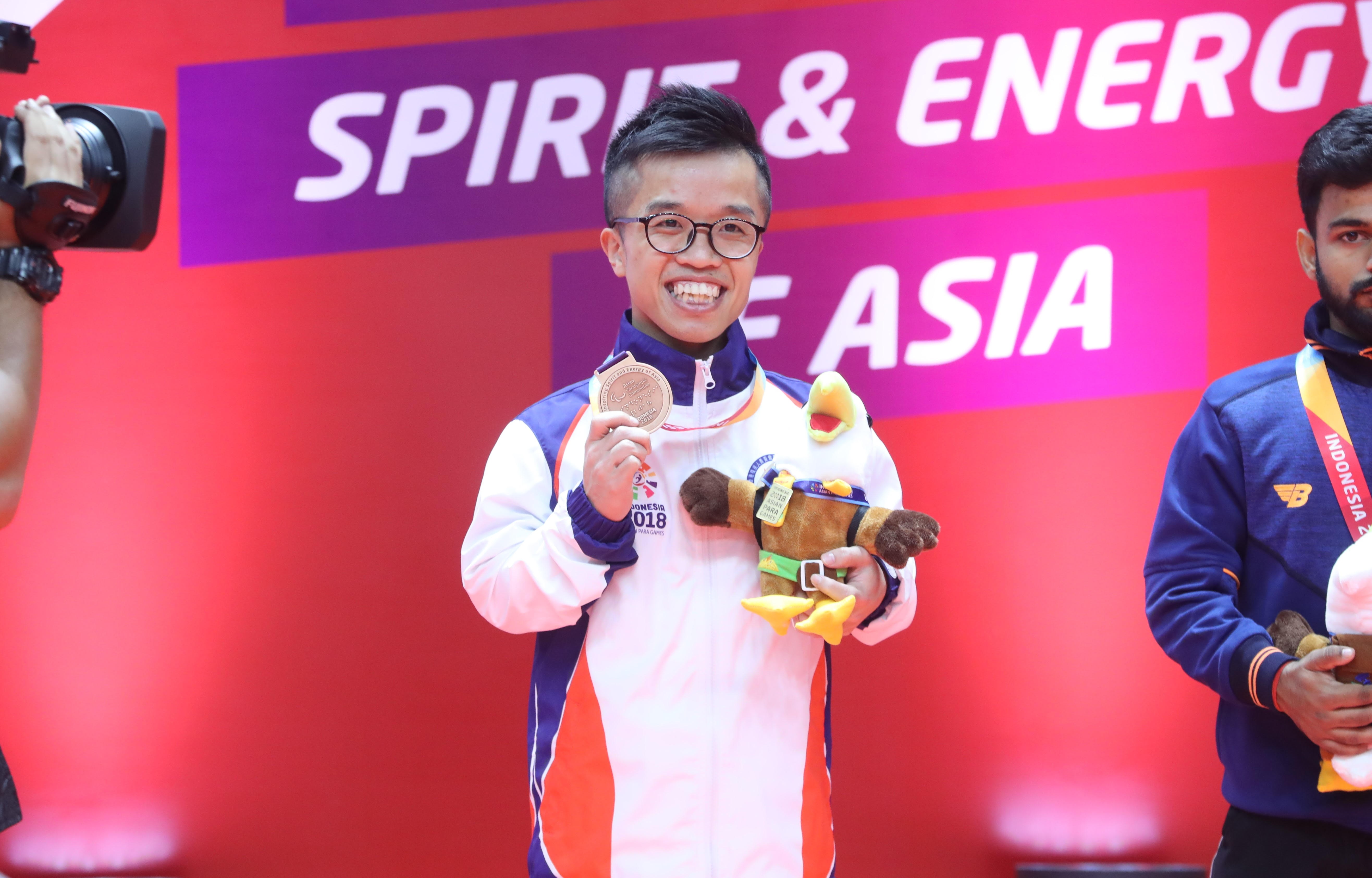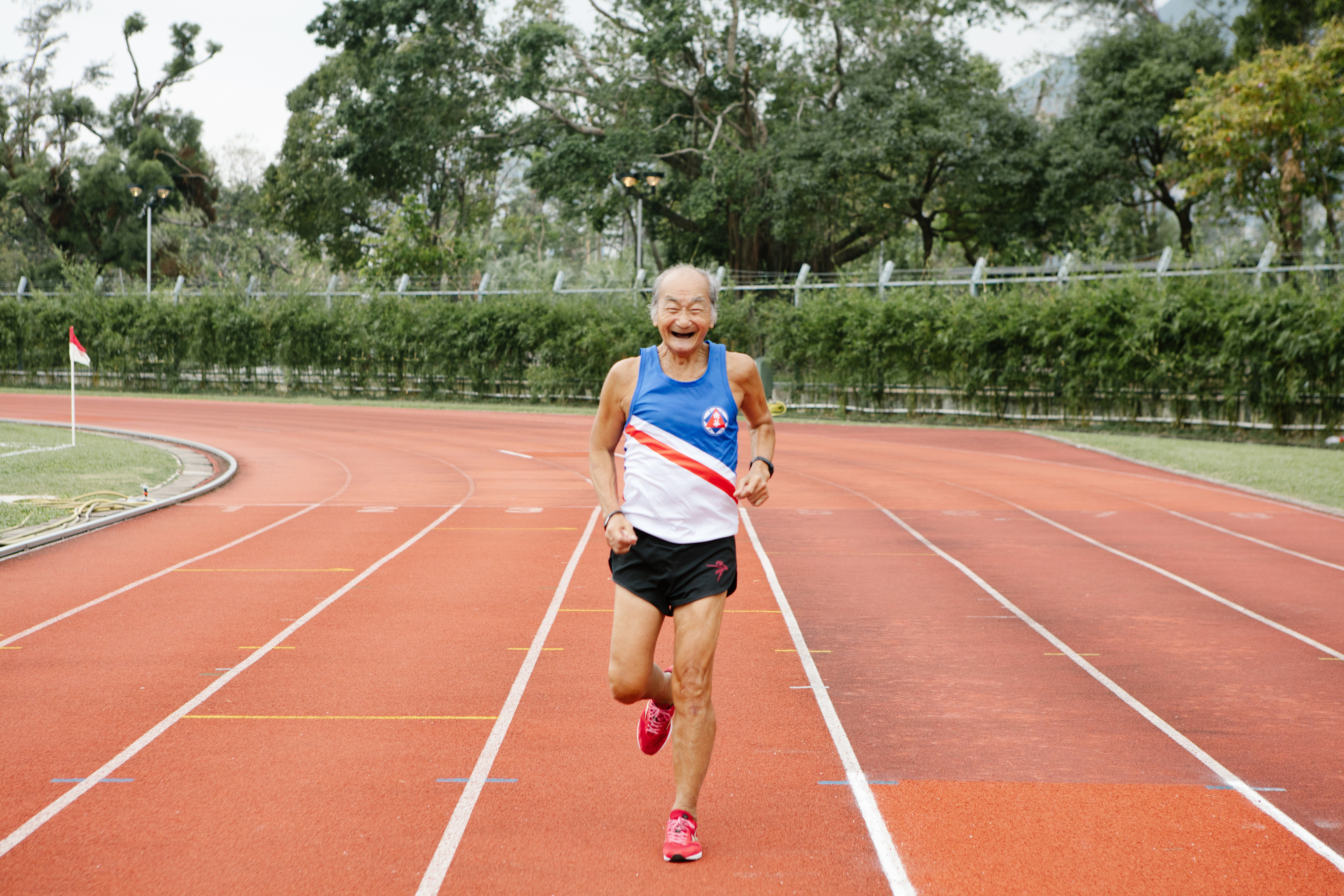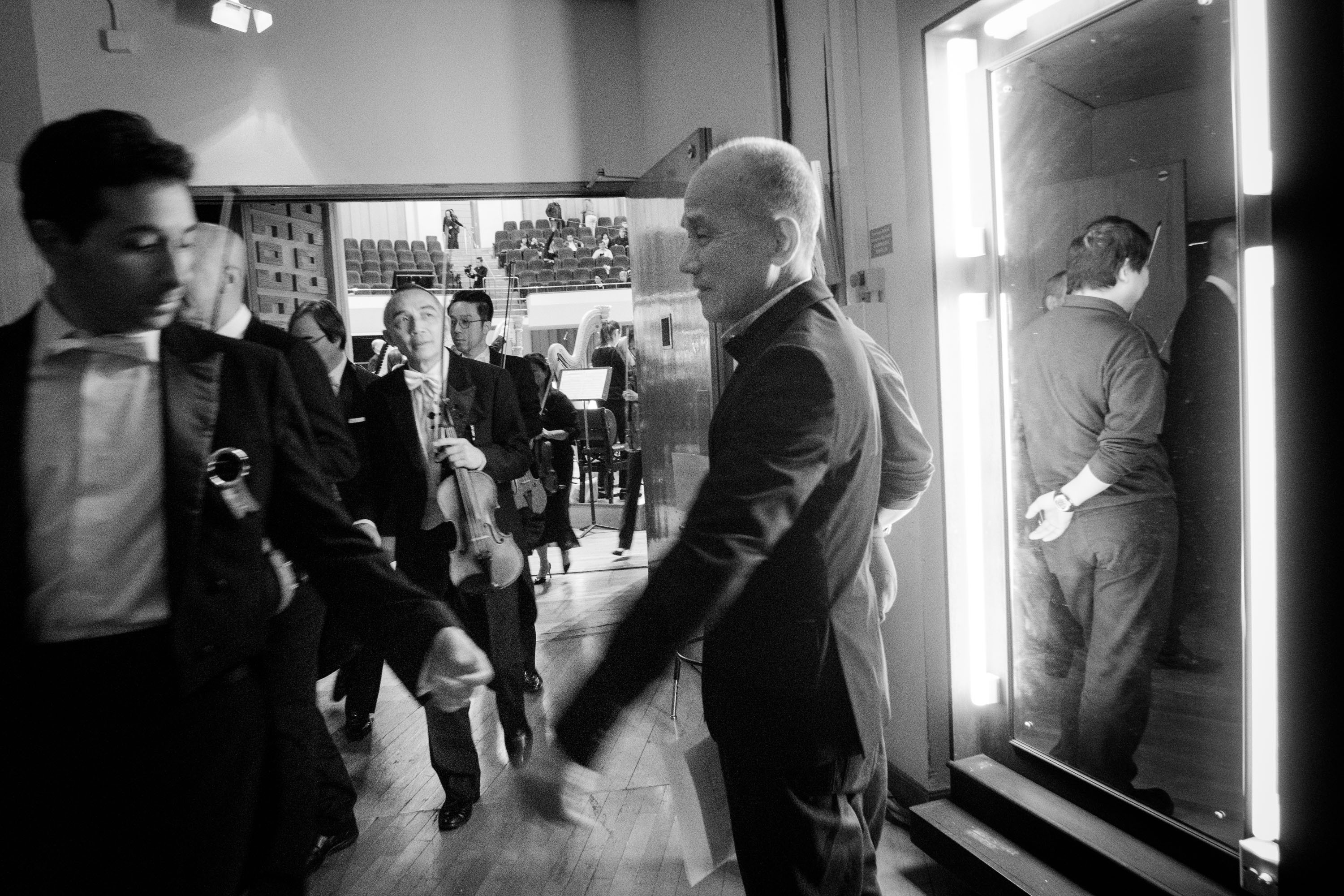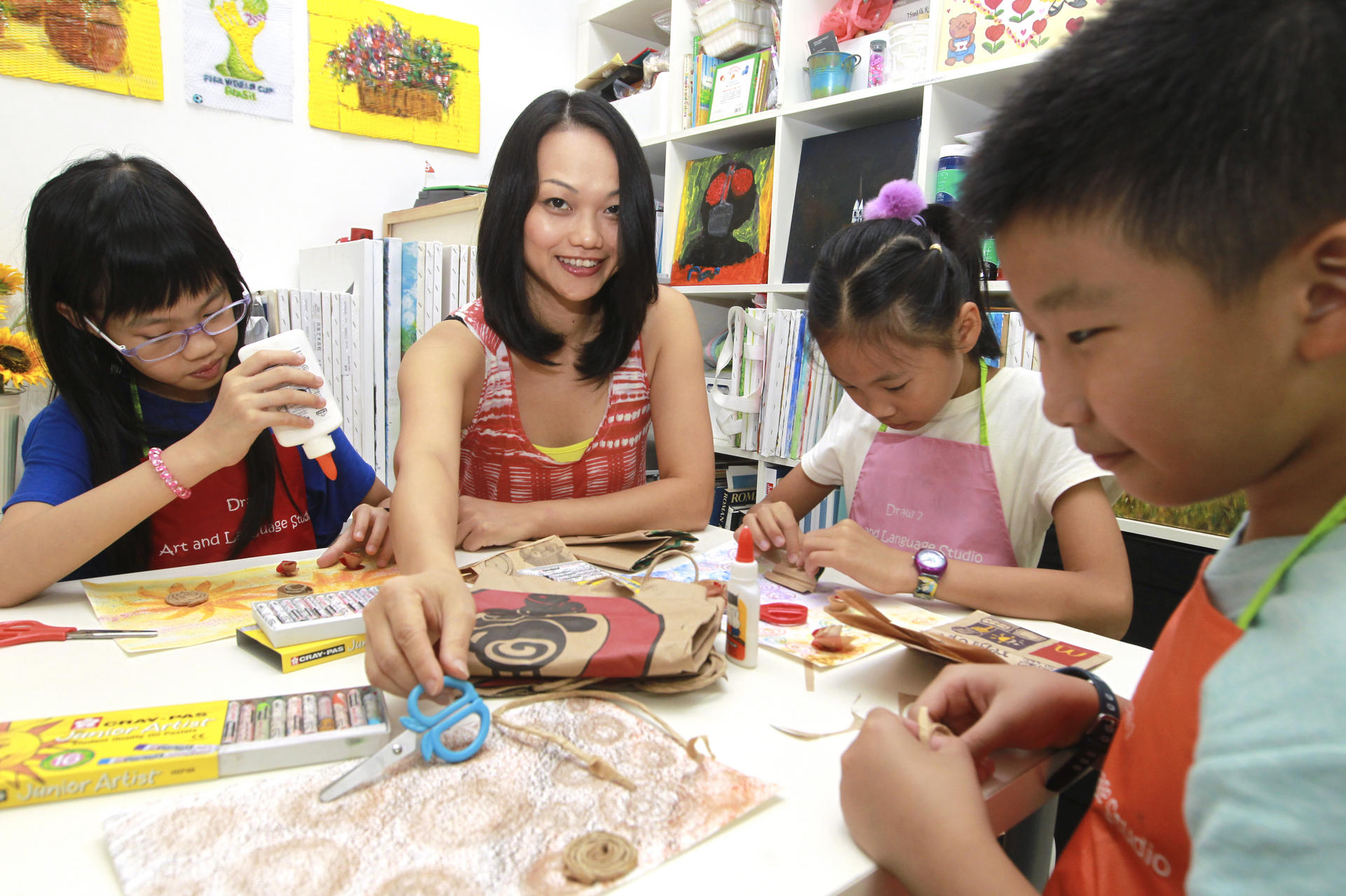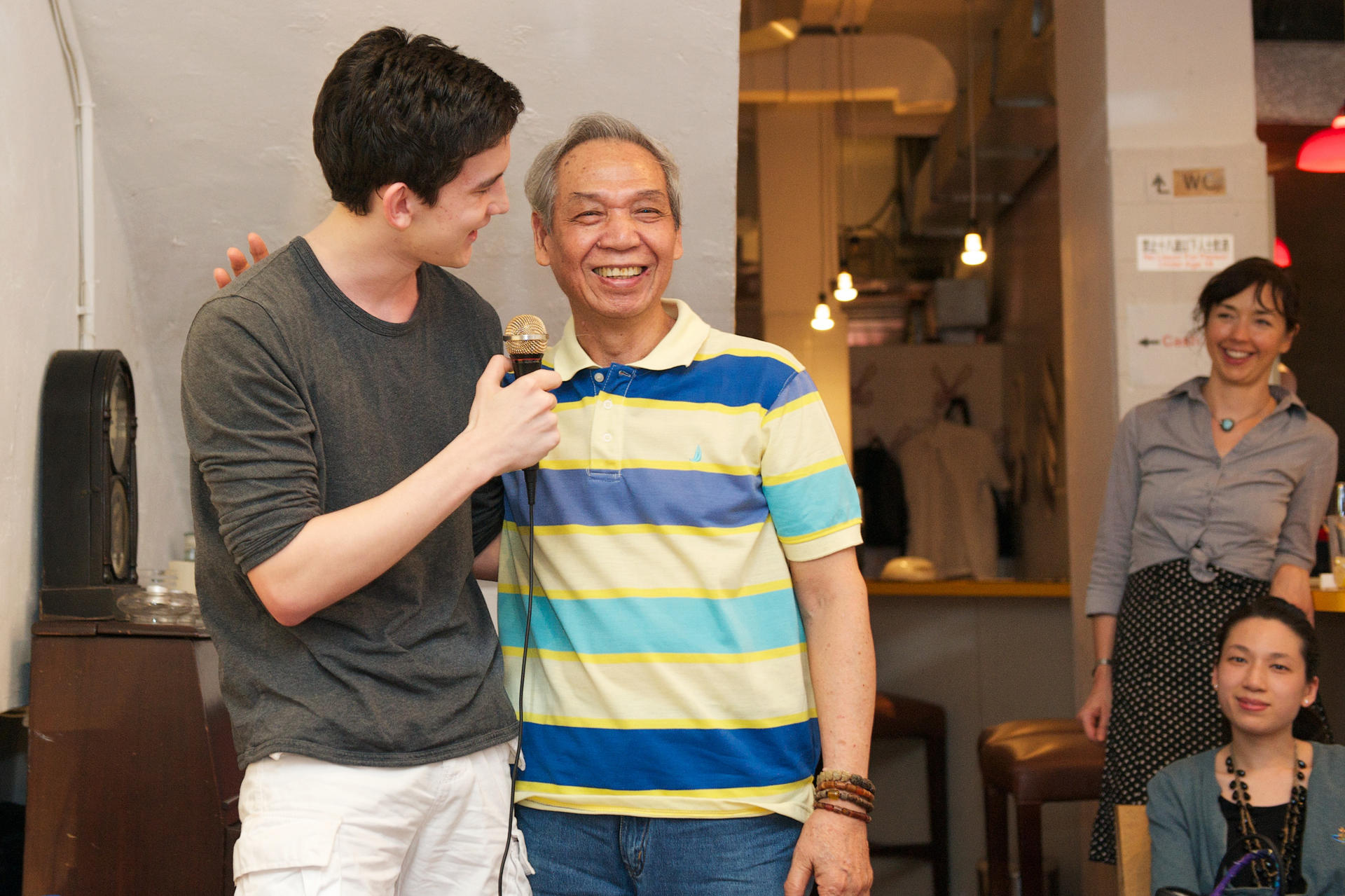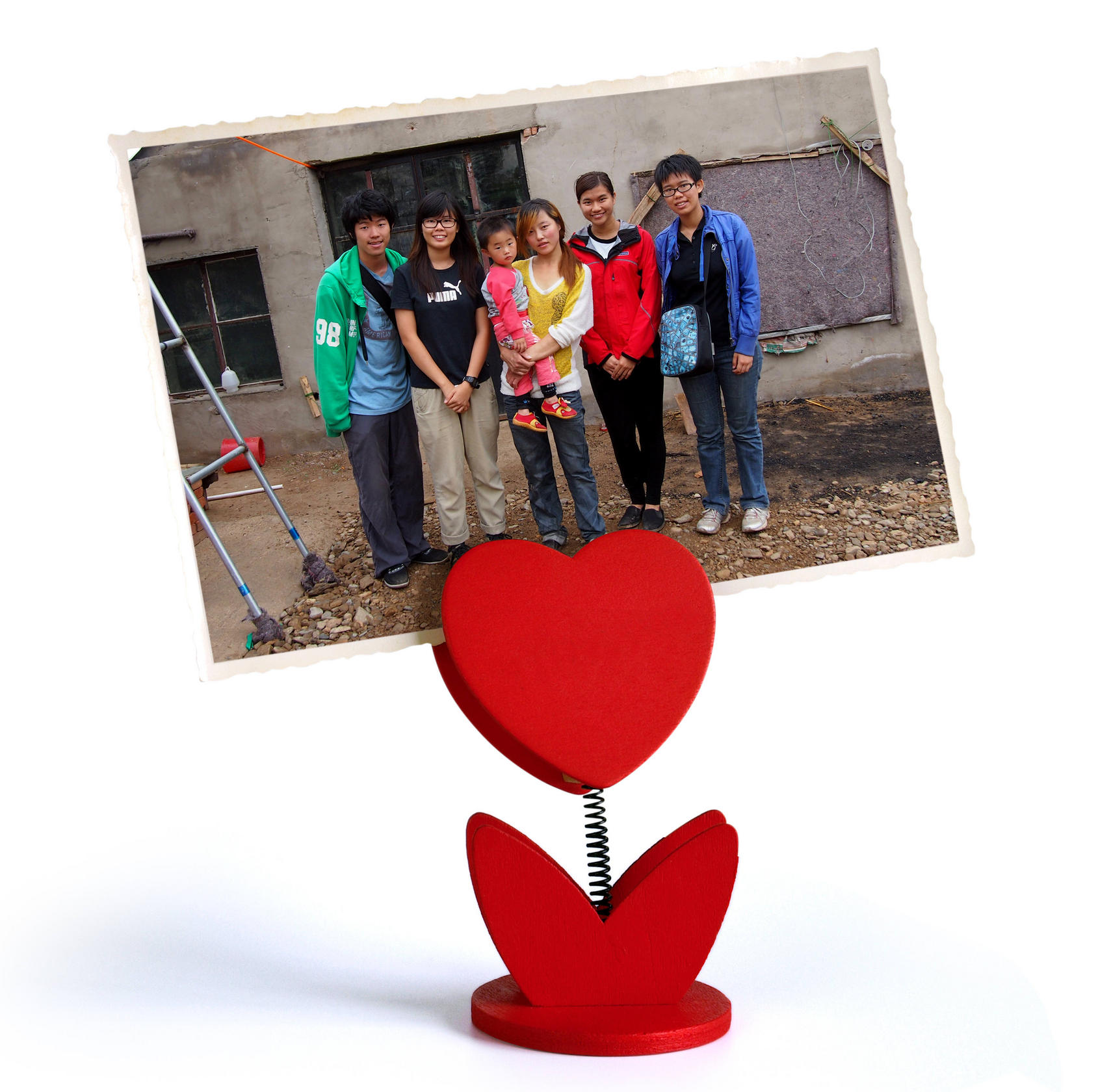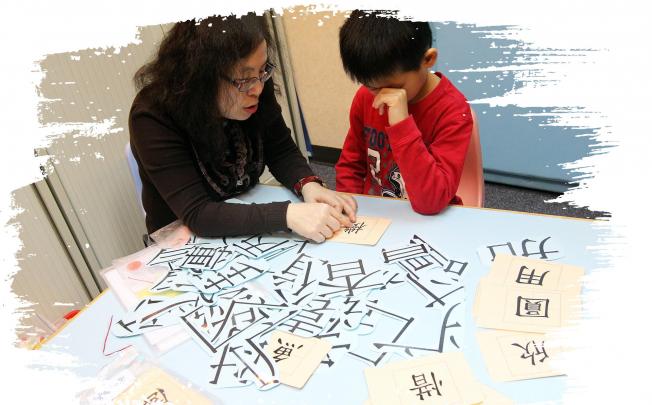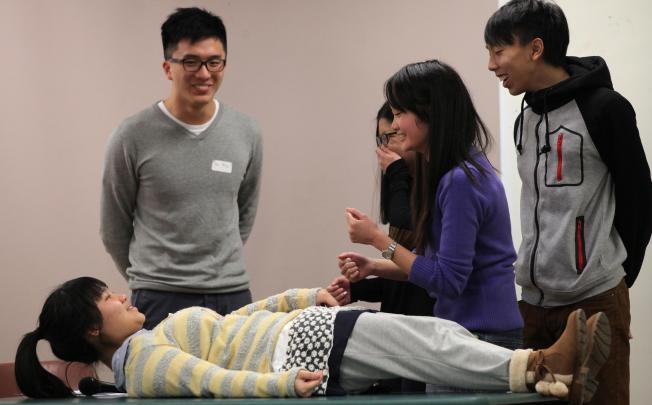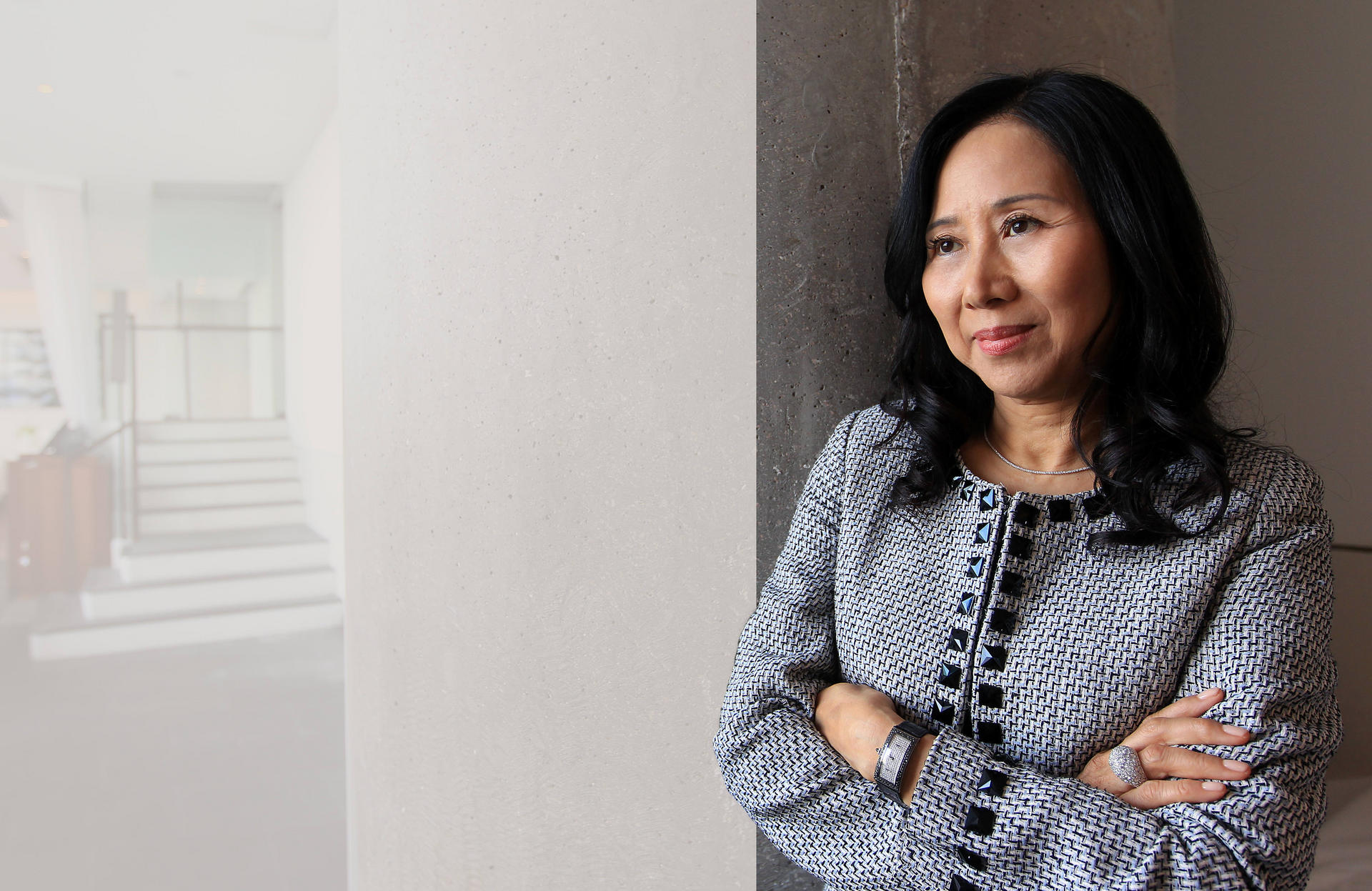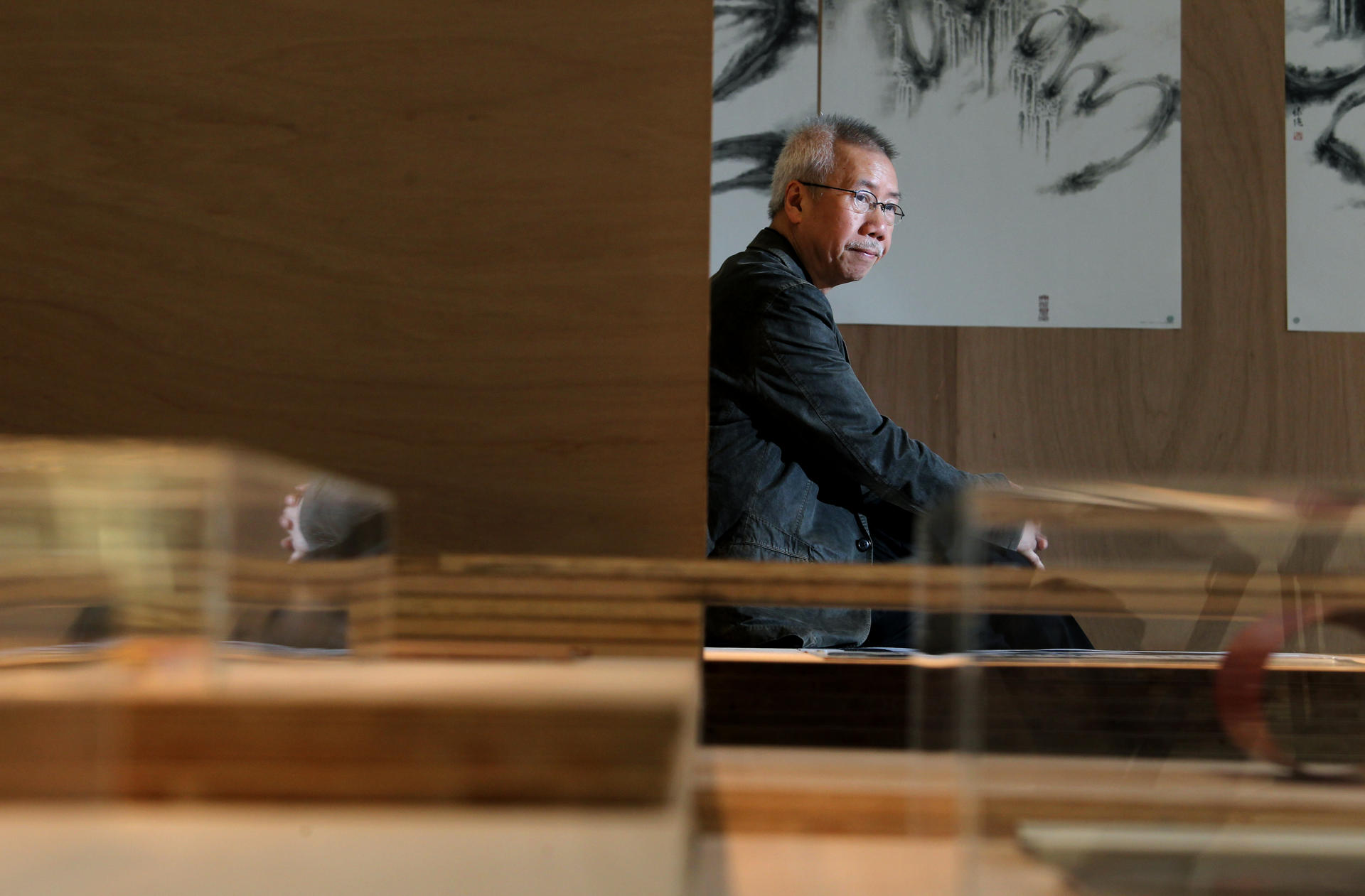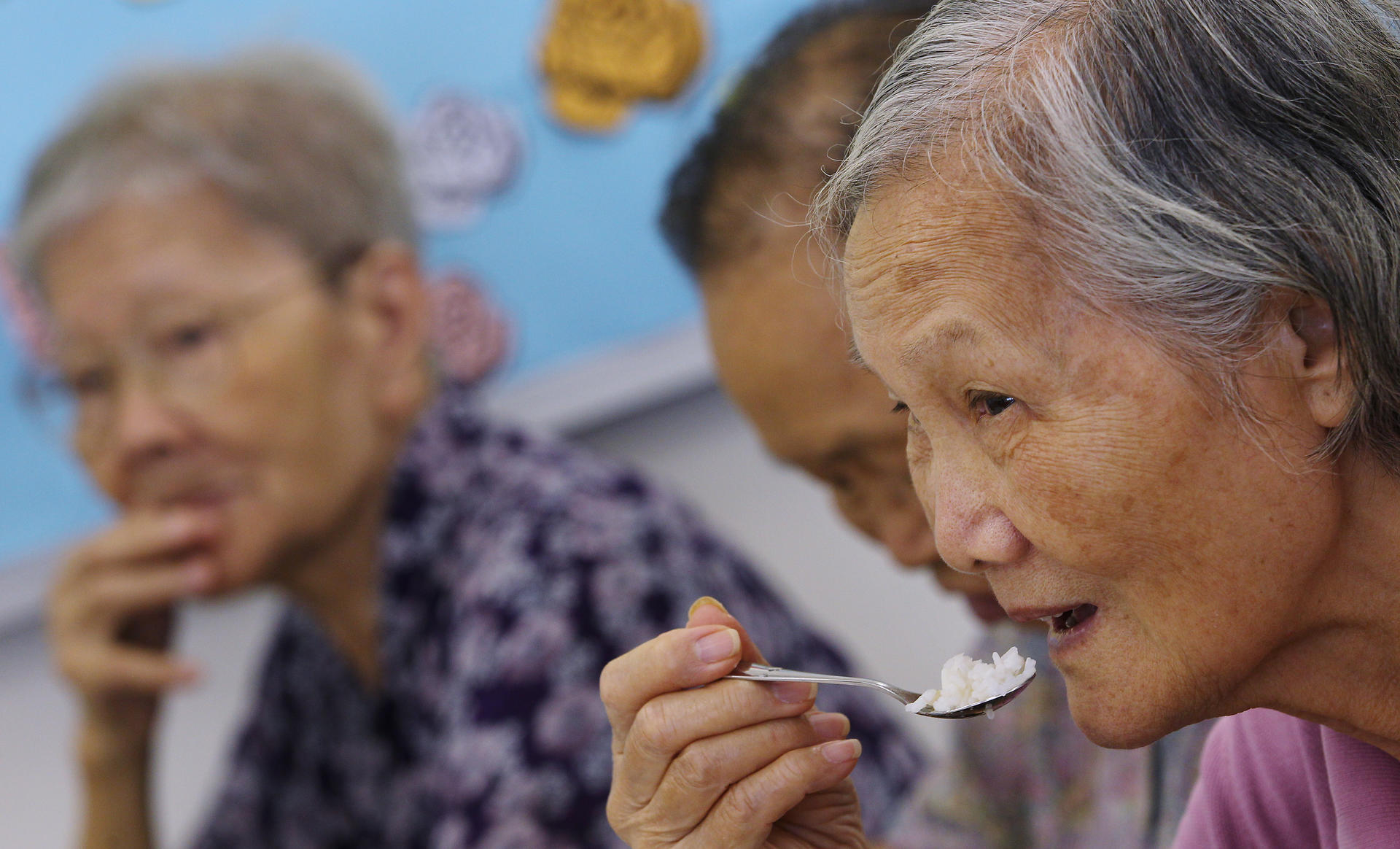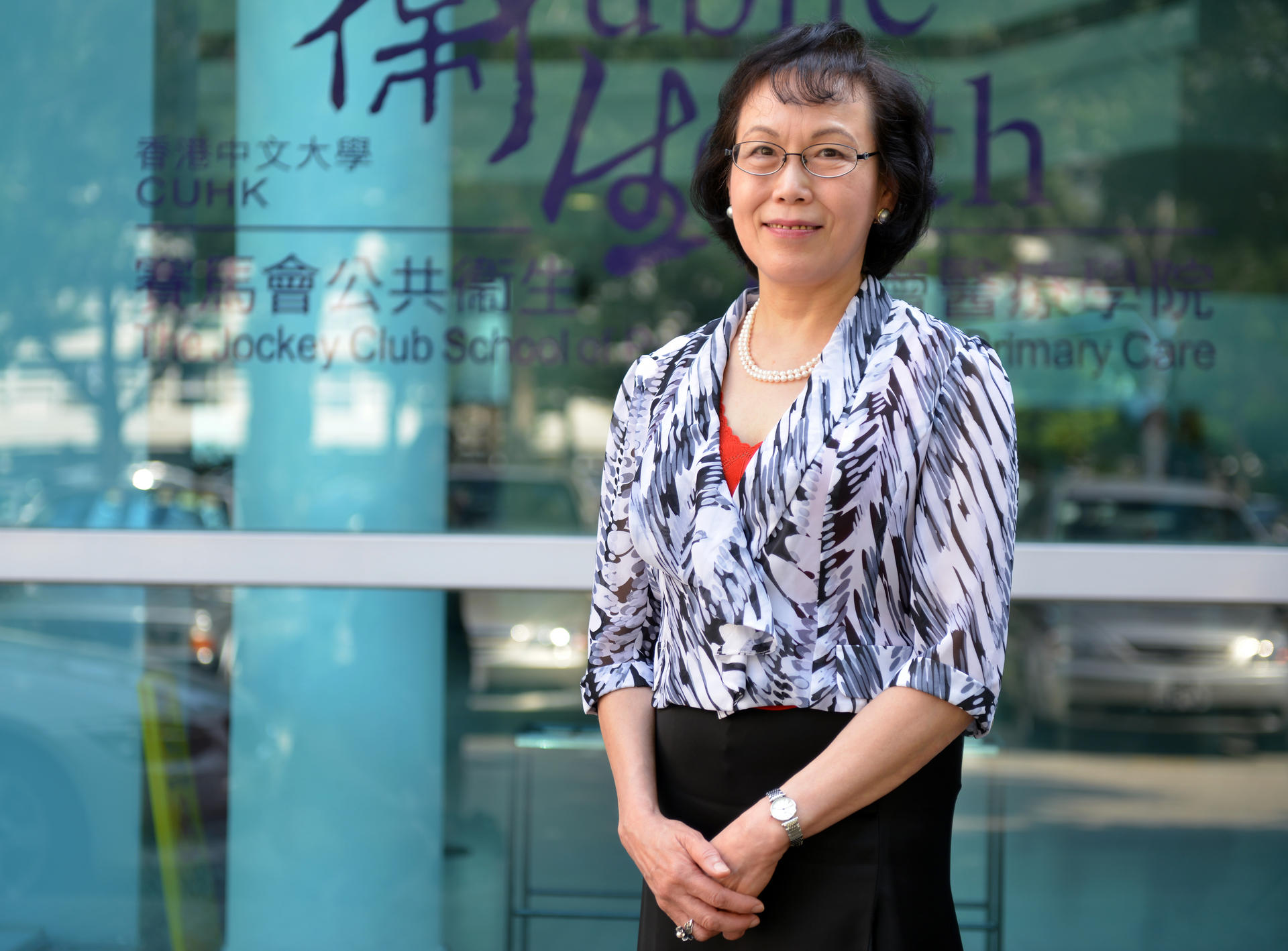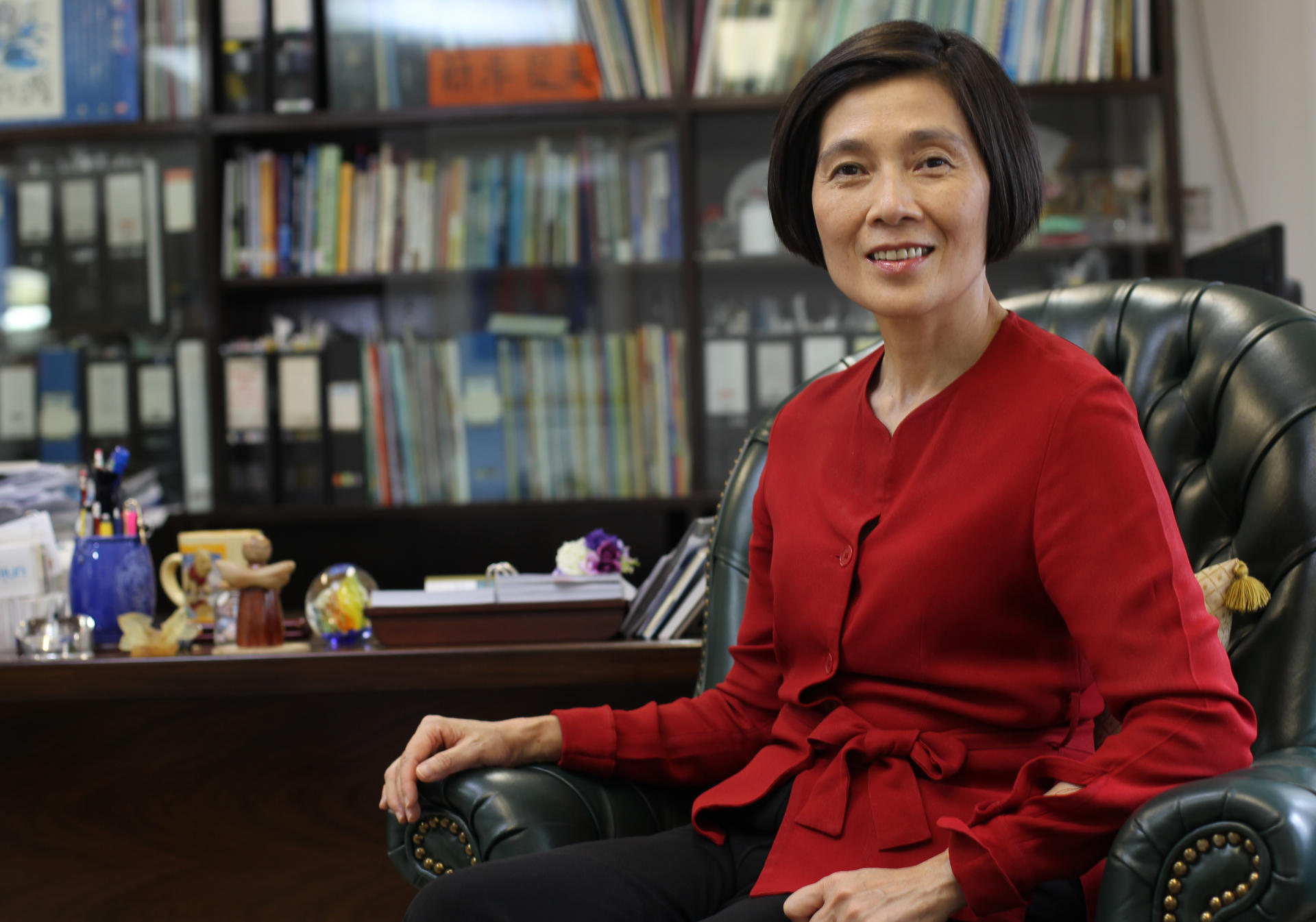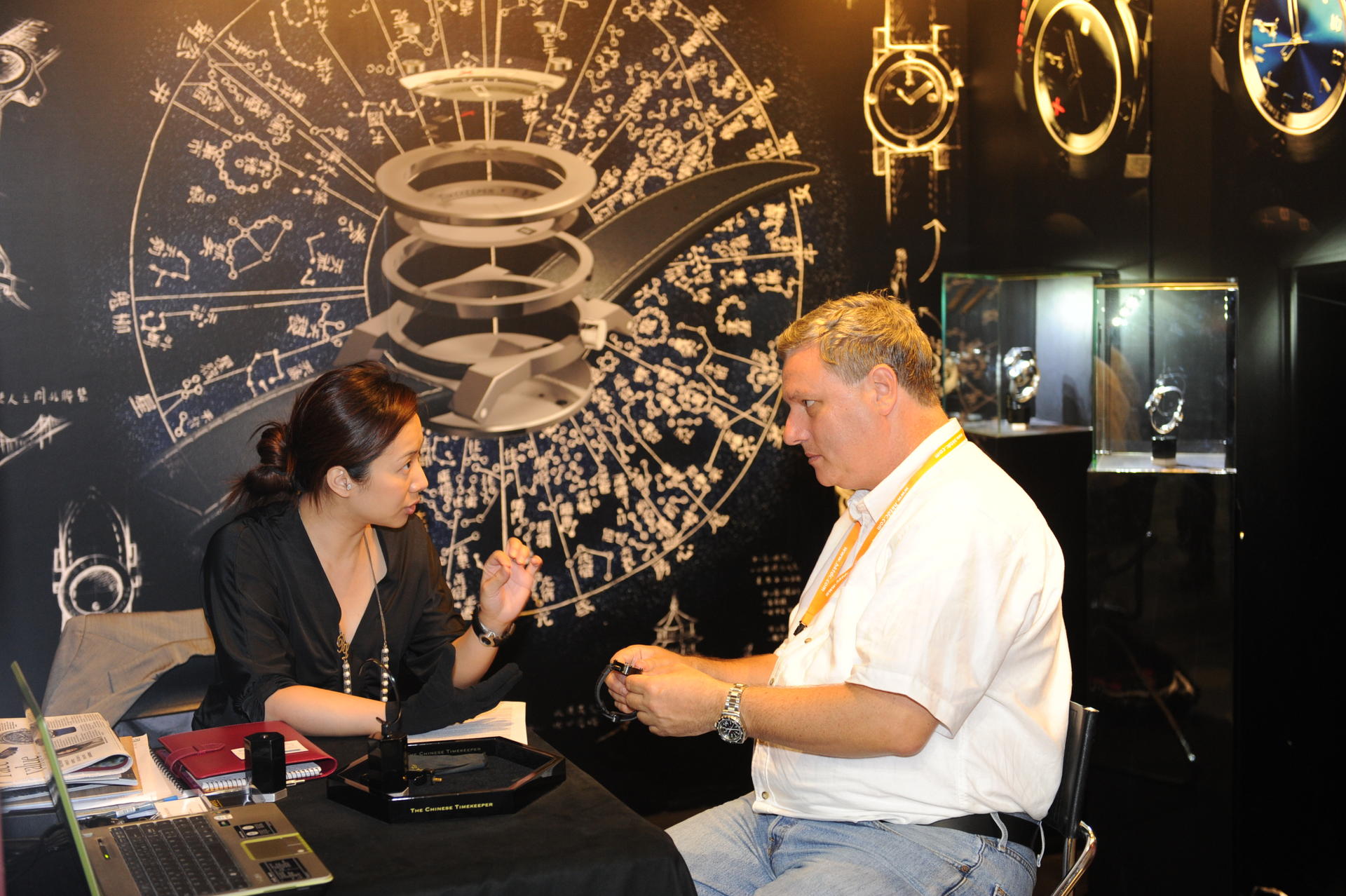When Paul Spangfort and a group of teenage volunteers walked into the lounge at an elderly centre in Sheung Wan, a cheerful old man stood up and welcomed them with a song, setting his own lyrics to the tune of Happy Birthday.
With so many groups seeking funds, it can be tough figuring out which cause to give to. Are the organisations all they're cracked up to be and how much of the contribution really goes to people in need?
During the eight weeks Eliz Wong spent working for a charity in Inner Mongolia last summer, the Chinese University student witnessed first-hand how NGOs empower and support disadvantaged women.
Since enrolling in the University of Hong Kong's (HKU) medical school five years ago, Lydia Kwong Lee-ting has studied diligently to acquire the knowledge and technical skills to become a good doctor.
Hunger and poverty can be abstract notions even if we sympathise with people in need. But moved by what he saw of how the poor coped while he was a visiting student in Tokyo, Charles McJilton undertook what some might regard as a radical experiment to understand their predicament.
For more than a year Ms Chan has had to rely on food handouts to feed her family. Every week she walks from her home in Sham Shui Po to a food bank in Shek Kip Mei to collect packets of rice, noodles and canned food. Returning with a load of about 20kg, she lugs it up the stairs to her flat on the fifth floor of a walk-up.

